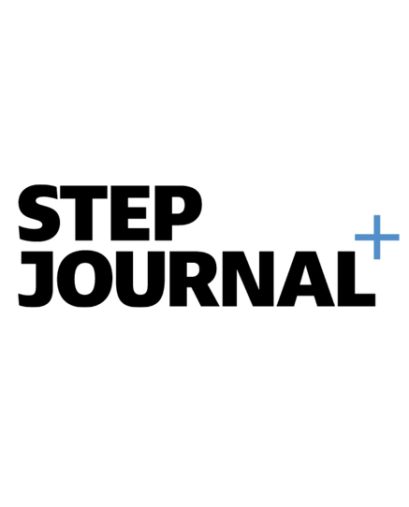Beyond restrictive covenants: Proactive ways to deter employee competition

It is, perhaps, a little trite to say that businesses need to ensure that they have effective and enforceable restrictive covenants in place to deter employees from stealing confidential information.
Putting restrictive covenants in place to avoid what is called employee competition is important not just to protect the business and deter employees from stealing information, but also to protect customers and prospects.
Having such covenants in place allows you to take out injunctions against those that attempt to steal company information or clients / customers, but what more can HR do to protect the business and its customers?
The key to protecting your business is good collaboration between HR and IT, and the avoidance of blanket restrictions, as Louise Taft, consultant employment law solicitor at Jurit LLP, explores.
Information storage and protection
The gold standard for any business is to ensure that no commercially confidential information is accessible from personal devices, which can help to prevent information being downloaded and stored by employees leaving the business.
You should also have a contractual obligation for employees to return company owned devices upon termination of employment or commencement of garden leave.
Even if employees don’t comply with that obligation, you can take steps to ensure that your IT departments can act quickly to remotely wipe company owned devices that are retained. This ability should be clearly communicated to staff through your company’s IT policy.
This way, once your business knows that the employee is leaving, steps can be taken to make sure that they no longer have access to commercially confidential information or customer contact details.
Policies, procedures and communication
IT policies and procedures can contain some of the best proactive measures to prevent employees from stealing confidential information and customer contact details.
They should not only make clear that there is a strict ban on using personal devices to communicate with customers or access company information, but to also notify staff that their activity on company devices can be monitored.
Staff should be informed that there should be no expectation of privacy when using devices such as company mobiles or laptops, and that they should not therefore use company devices, telephone numbers or email addresses for private communication.
Your IT department can then be asked to monitor the activities of employees serving notice periods to identify any attempts to remove confidential information or customer contact details, as well as any attempts to inform customers of their new role or business venture.
If such attempts are found, steps can then be taken to injunct employees from using that information to compete with the company.
But what about LinkedIn?
The modern reality is that, whilst businesses can take steps to cut off contact between departing employees and customers through traditional methods, there is not a lot that can be done when customer contacts are connected to employees on LinkedIn.
However, you can overcome this by considering paying for staff to have LinkedIn Premium accounts. This provides a better argument that LinkedIn connections made whilst in employment are in fact company property, and therefore proprietary information. This way, obligations to delete company related contacts are more likely to be enforceable.
Contractual post-termination obligations
As well as effective post-termination restrictions on the use of confidential information and contact with customers and prospects, your Employment Contract can also contain other useful obligations that help to deter competition. This can include:
- A contractual obligation to return company devices upon request, rather than merely at termination or the start of garden leave.
- A garden leave policy which ensures that employees have no business reason to contact customers.
- Lengthy notice periods combined with garden leave which can keep the employee “out of the loop” before they join a competitor or set up a competing venture.
- A clause requiring employees to notify the employer of their post-employment plans which allows you to assess the risk of competition.
- Senior employees with fiduciary duties can be required to notify the employer of any job offers or plans to set up a competing business before they take steps to leave.
- A clause requiring the employee to notify their new employer of their restrictions – this can help bring the new employer into injunction litigation if they have induced the breach of contract, allowing recovery of legal costs from an organisation with deeper pockets than the employee.
But what should those restrictions look like?
HR professionals will know that restrictive covenants should do no more than is necessary to protect legitimate business interests. Restrictions should be no wider and last no longer than necessary.
With this in mind, blanket restrictions should be avoided as these are less likely to be enforceable than those that carefully consider the role, the amount of customer contact that the individual has, and the damage that could be done once that individual leaves.
Ideally, restrictions should be tailored to the employee role and potential mischief, to provide the best possible chance not only of being an effective deterrent, but also of being enforced.
For more information or help and advice, get in touch.
Louise Taft Consultant Solicitor - Employment +44 (0) 20 7846 2370 louise.taft@jurit.comPlease note this paper is intended to provide general information and knowledge about legal developments and topics which may be of interest to readers. It is not a comprehensive analysis of law nor does it provide specific legal advice. Advice on the specific circumstances of a matter should be sought.









